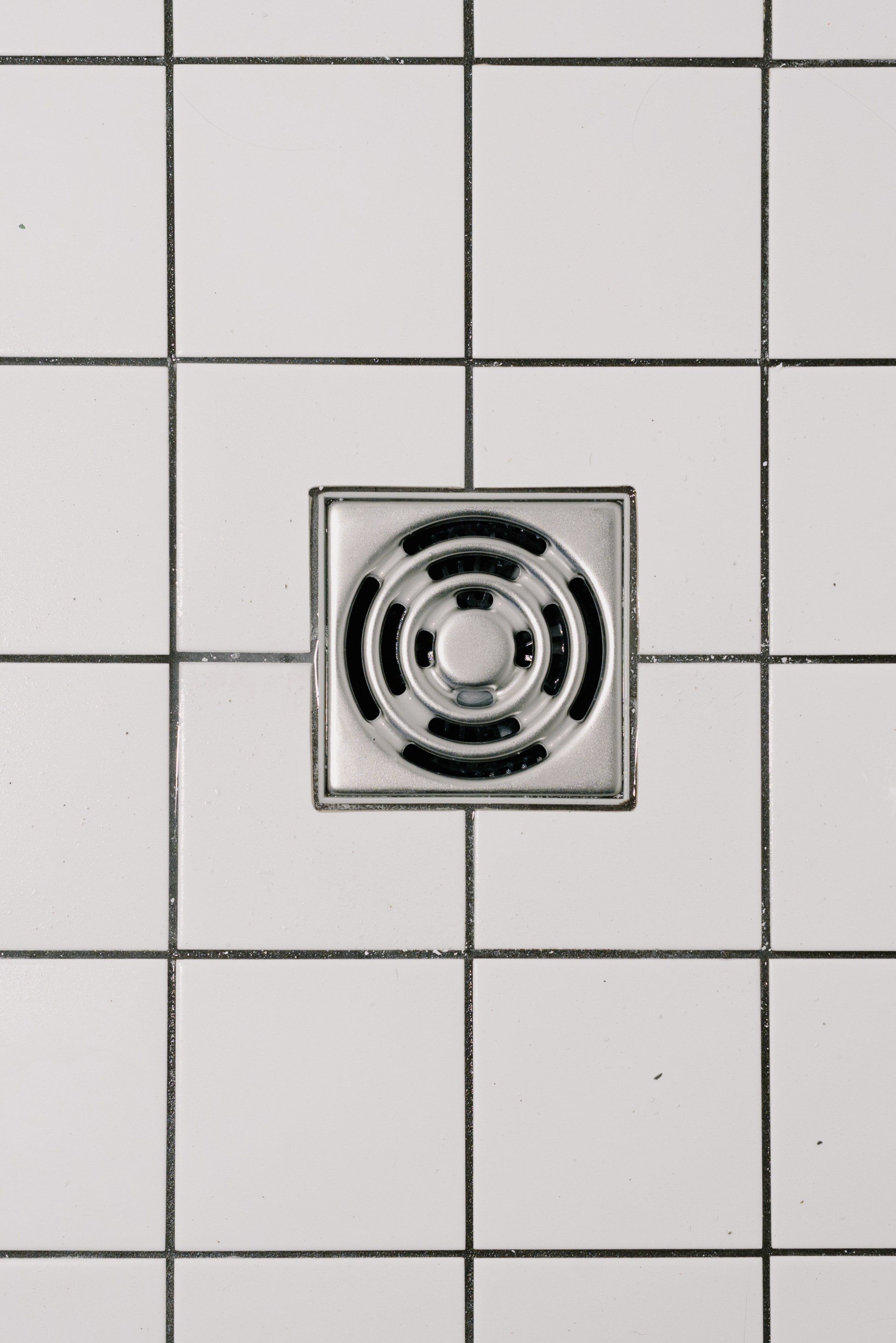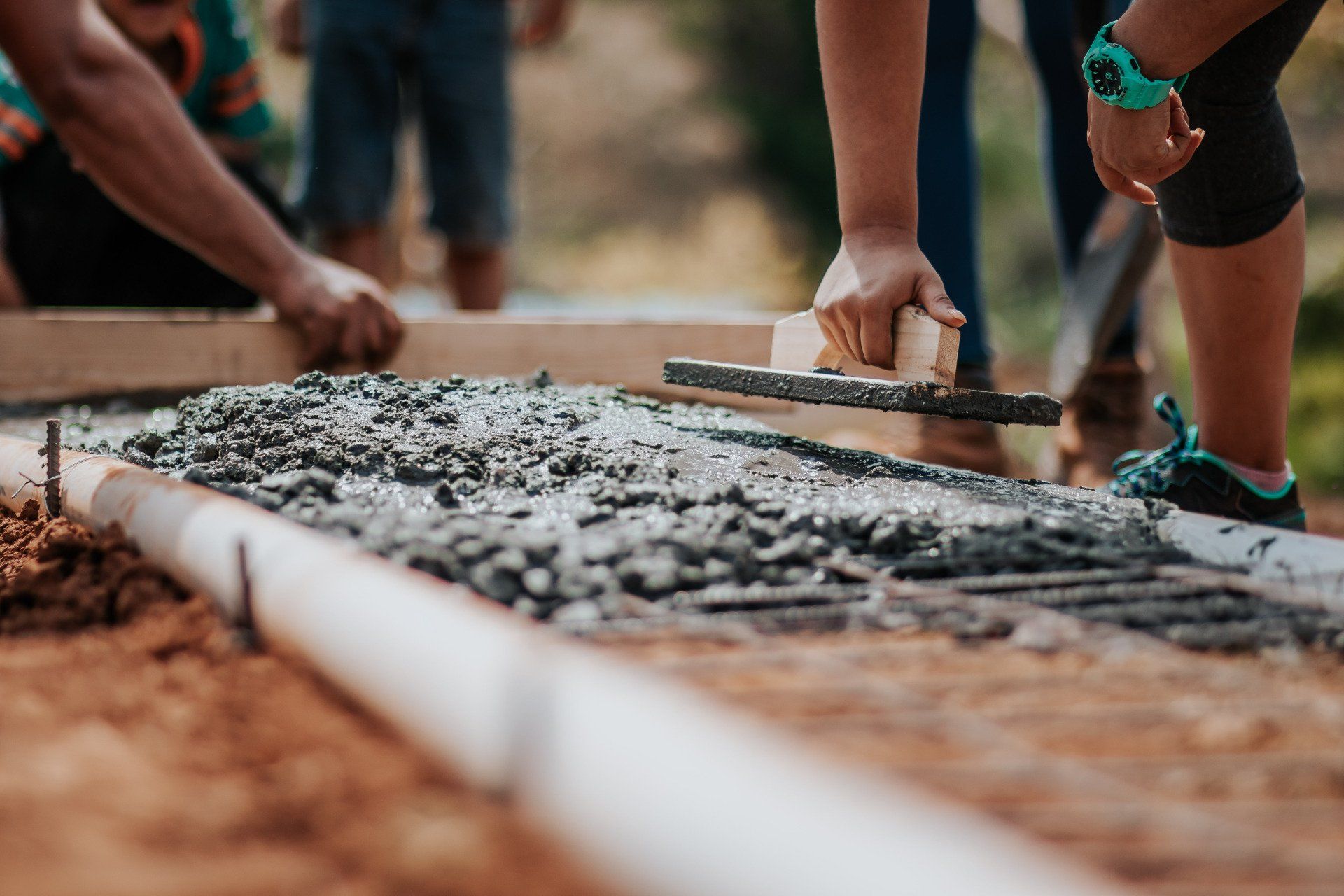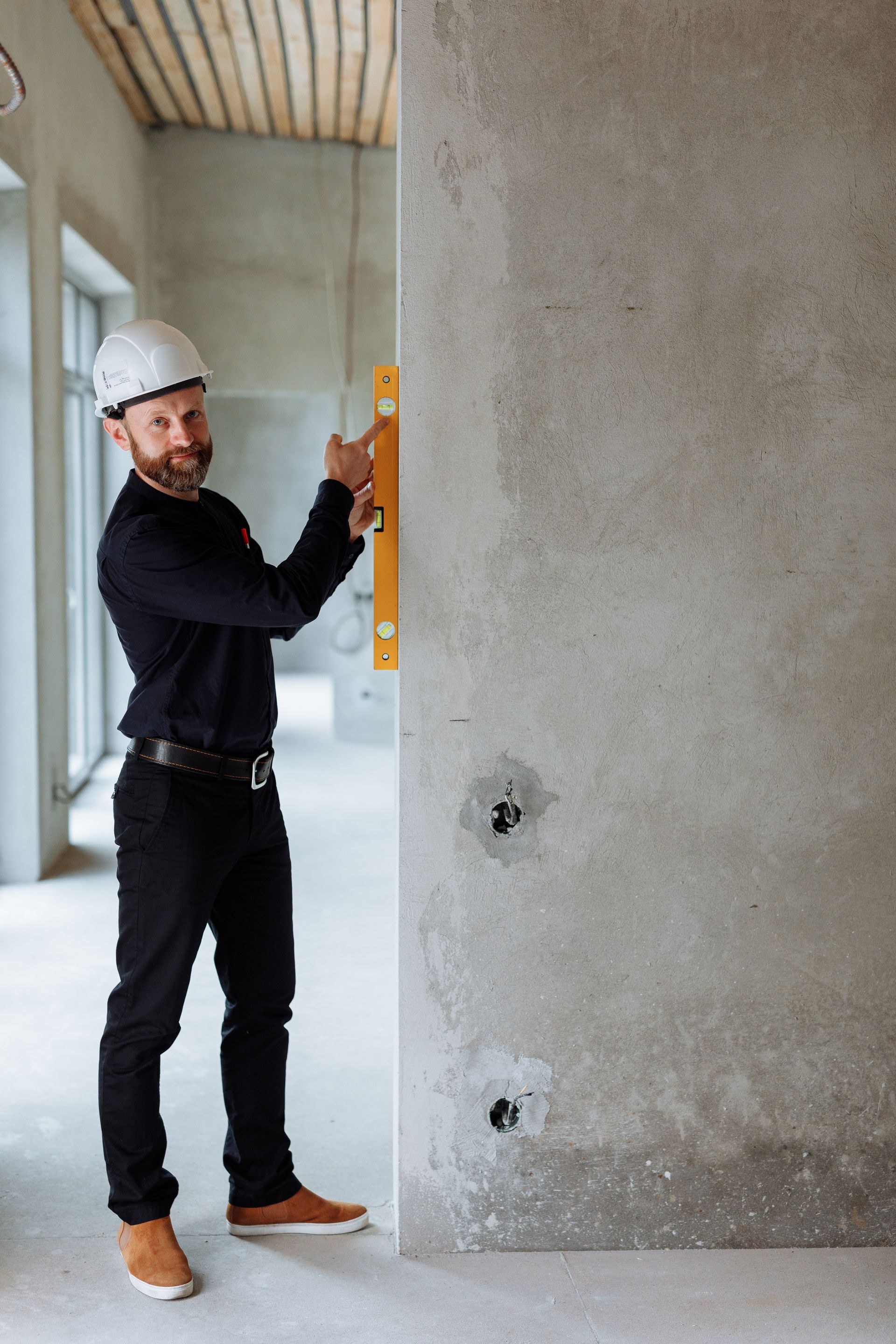French Drain FAQs: Everything You Didn't Know You Needed to Ask
Unlocking Efficient Water Management: A Comprehensive Guide to French Drain Solutions
Water management in residential and commercial properties is a critical aspect of maintaining structural integrity, preventing water damage, and ensuring the landscape's health. Among the various drainage solutions available, French drains have emerged as a popular and effective method for diverting water away from buildings and preventing saturated yards. This comprehensive guide aims to answer all your queries regarding French drains, from basic concepts to intricate details of installation and cost considerations.

What is a French Drain?
A French drain, often referred to as a French trench drain, is a slightly sloped trench filled with gravel or rock containing a perforated pipe that directs groundwater and surface water away from an area. It's an invisible yet efficient yard drainage system designed to prevent water from pooling in your yard or basement.
How Does a French Drain Work?
The principle behind a French drain system is simple yet effective. Water flows through the gravel or rock into the perforated french drain pipe, which then redirects the water away from the house or any specific area that requires protection from water accumulation. This system is especially beneficial for areas prone to heavy rains or properties with landscape drainage issues.
Benefits of Installing a French Drain
- Prevents Water Damage: By directing water away from your home's foundation, a French drain in yard setups or around your house can prevent water damage to the basement and foundation.
- Reduces Soil Erosion: It helps in reducing soil erosion by controlling the flow of water, thereby protecting your landscaping.
- Increases Property Value: Effective drainage solutions like a French drain can increase the value of your property by solving potential water-related issues.
French Drain Installation: Key Considerations
French drain installation involves planning the route, digging a trench, laying the pipe, and covering it with gravel. It can be installed around the house, in the yard, or near a specific problem area. The process may vary depending on the terrain and the specific needs of the property.
French Drain System Components
- Perforated Pipe: This is the core of the French drain, allowing water to enter the system.
- Gravel or Rock: Encasing the pipe, gravel or rock filters out debris, preventing the pipe from clogging.
- Landscape Fabric: Used to line the trench, landscape fabric prevents soil from mixing with the gravel, ensuring the system remains effective.
Hiring French Drain Contractors
For a successful French drain installation, it's advisable to hire experienced French drain contractors or drainage contractors. Professionals can assess your property's specific needs, ensuring the system is designed and installed correctly.
French Drain Cost and Installation Cost
The cost of a French drain can vary widely depending on factors such as the length of the drain, the complexity of the installation, and geographic location. French drain installation cost also includes labor, materials, and any necessary permits. French drain installation in Pittsburgh, for example, may have different pricing compared to other regions due to local labor costs and regulations.
DIY vs. Professional French Drain Installation
While some homeowners may consider a DIY approach to save on french drain installation cost, professional installation is recommended for ensuring the system's efficiency and longevity. French drain contractors have the expertise and equipment necessary to handle unexpected challenges that may arise during installation.
Maintenance and Longevity of French Drains
Regular maintenance, including checking for clogs and ensuring the outlet is clear, can extend the lifespan of a French drain system. Properly installed and maintained, a French drain can last for many years, providing effective water drainage solutions for your property.
French Drain Alternatives
For properties where a French drain may not be feasible, other yard drainage solutions and water drainage solutions exist, such as dry wells, catch basins, and sump pumps. Each option has its benefits and considerations, depending on the specific drainage needs.
Choosing the Right French Drain Company
Selecting the right French drain company is crucial for a successful installation. Look for companies with extensive experience in drainage solutions, positive customer reviews, and a comprehensive understanding of landscape drainage needs.
Conclusion
French drains offer an efficient and reliable solution for managing water in your property, protecting your home from water damage, and maintaining the health of your landscape. Whether you're considering a French drain for your yard, basement, or around your house, understanding the system's components, installation process, and maintenance requirements is key to ensuring its effectiveness. With the right planning, professional installation, and regular maintenance, a French drain can provide a long-term solution to your water management needs.




